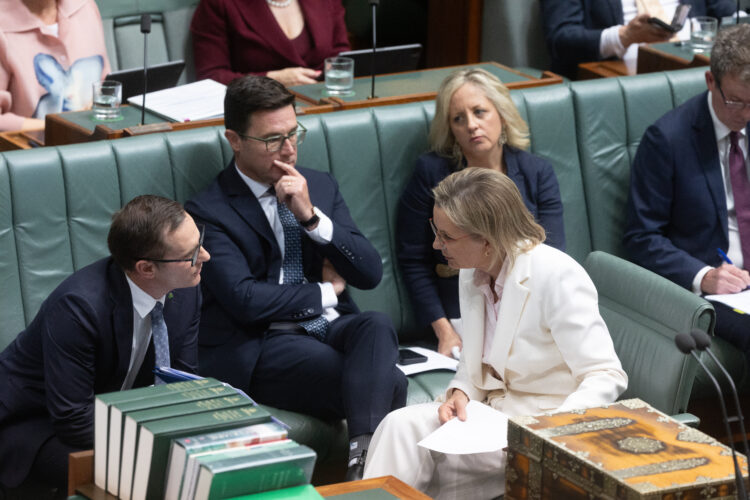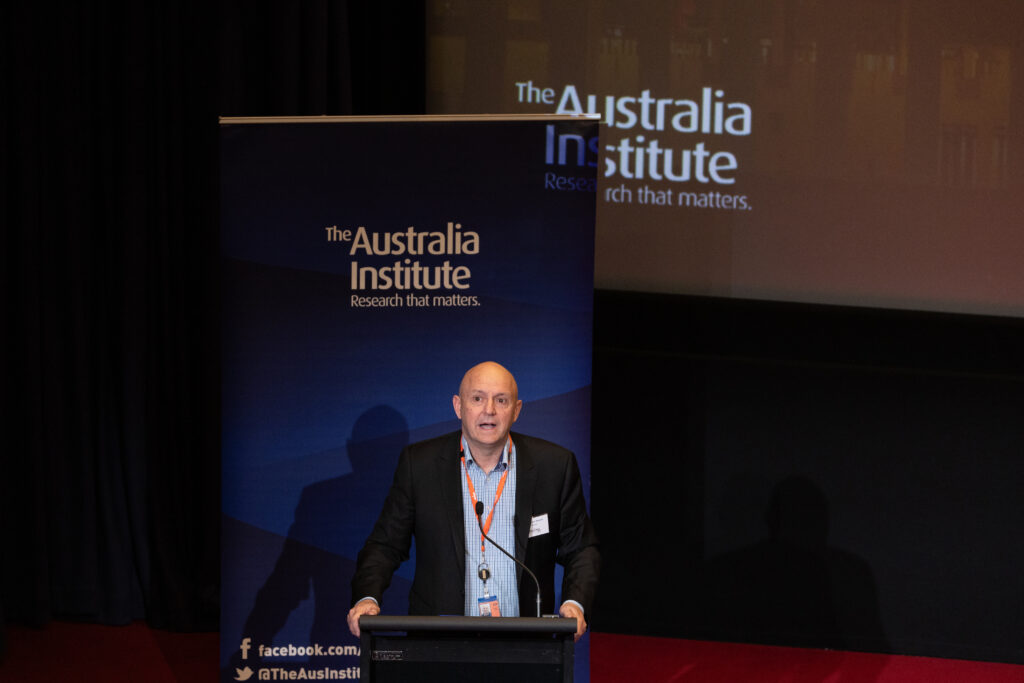Nationals want review into new BOM website
Federal politicians have demanded an immediate review of the Bureau of Meteorology’s revamped website after residents reported feeling unprepared during recent storms.
The bureau launched its controversial website on October 22, prompting Nationals Leader David Littleproud to criticise it as difficult to navigate and missing key tools relied on by farmers and rural communities.
The $4.1 million site redesign sparked complaints it was hard to use and did not indicate storm severity after wild weather wreaked havoc across Queensland and Victoria at the weekend.
“I am hearing from many locals that the new platform no longer allows them to enter GPS coordinates for their specific property locations, restricting searches to towns or postcodes,” Mr Littleproud said.
“As a result, families, businesses and farmers are unable to access vital, localised data such as river heights and rainfall information.”
The bureau’s acting chief executive Peter Stone defended the revamped site last week, saying it makes daily weather information and warnings easier to access.
“We designed the new website in consultation with the community to make sure it delivers the benefits people want and need,” Dr Stone said.
The new website features design and functionality improvements to the most used pages, including forecasts, observations and weather warnings.
Queensland farmer Paul White says the new website was “hopeless”.
“My main problem is that I have 6500 acres that go under flood waters and we have a gauging station that is 10 kilometres upstream from us,” Mr White said.
“When we have heavy rain I monitor that 24/7 because I have livestock and machinery. But now, I don’t see any meter heights anymore.”
Federal environment minister Murray Watt has since met with the bureau, saying the site was not meeting many users’ expectations.
He confirmed the bureau was considering the feedback and what adjustments could be made.
“Australians deserve to have confidence in these important services,” Mr Watt said in a statement on Tuesday.
“The BOM website is a critical tool to ensure public safety, particularly during the High Risk Weather Season and it must deliver the quality information our hardworking BOM staff are known for.”
Hundreds of Queenslanders were still without power on Wednesday morning after wild weather hit at the start of the official storm season, which spans October to April.
About 11,000 claims have been received to date from Queenslanders, the Insurance Council of Australia said, with the weekend storms set to be escalated to an “Insurance Catastrophe” if numbers increase.


